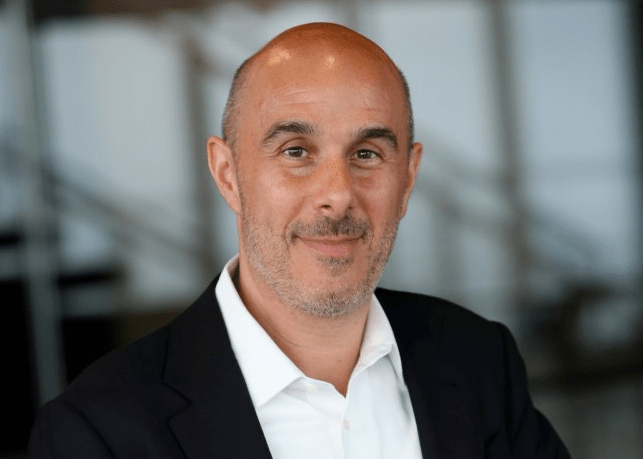The day after my mother’s 78th birthday, when the crisp edges of autumn were settling over Atlanta, I flew her to Washington, D.C., to my brother, who would take her back to Trinidad after her annual extended visit with her grandkids here. Within a day, I was in the intensive care unit fighting for my life.
As a then unknown reaction to an antibiotic raged its internal war, my body began to shut down. I was used to being strong both at work and at home as a single mom to two neurodiverse kids. Then everything quickly fell apart.
As a founding director of fellowships at The 19th News, I was preparing to announce our next cohort and host a retreat — several intensive days of workshops, community and networking — to launch their year in our newsroom covering gender, politics and policy. I felt a deep responsibility to strengthen the career pipeline for those historically excluded from U.S. newsrooms.
I messaged my team from the emergency room to say I’d be out and intermittently updated them, but they had no idea when I was wheeled into the ICU barely conscious, how dangerously low my blood pressure dipped, how I fought for each breath as fluid filled my lungs.
Surviving forced me to reflect on how I lead, live and the unhealthy work habits I once followed — first to arrive, last to leave, working through hacking coughs, hopping planes despite exhaustion. For years, I felt obligated to deliver and to support my family, often at the expense of my own well-being. But over time, I learned that true leadership means trusting your people and building a culture where no one feels compelled to give everything to the job or sacrifice their health to prove it.
In those days of uncertainty at the hospital, deadlines no longer mattered. I had to call on my own community to show up for me and my kids, and to trust my team so that I could focus on healing. After all, it wasn’t my first stint in the ICU: in my late 20s I survived a stroke and now live with multiple chronic illnesses.
This time, I had the chance to do things differently. Here’s what that looked like:
Organizational leadership and culture matter
There was never a question of me taking time to heal. I’d worked through the impossible before: showing up in a previous job less than a month after my stroke, still loopy from meds, or returning just six weeks after a C-section to my TV news job to manage social media for the George Zimmerman trial in 2013.
This time, The 19th’s CEO was the first to send flowers, our people operations team extended my paid sick leave and I was held by colleagues as I eased back into work weeks later. For the first time, healing looked like the space to actually do it.
Trusting your team
Trust sets a foundation for shared responsibility and empowered action. That trust allowed my team to move confidently in my absence, making decisions and supporting each other.
Because we had already invested in clear communication, documentation and delegation, everyone knew the priorities, where to find resources and who to contact for support.
In my past TV news job, I’d tried to manage from the ER — unhealthy for me and insulting to the capable people I led. This time, my colleagues led the fellowship announcement and prepared for the retreat without me.
Culture by example
Working in news will consume you. I spent years flying into natural disasters and communities reeling from tragedy, my phone always abuzz with news alerts. What I learned then was that the team took their cues from me.
If I showed up to work sick or emailed after hours, they assumed that was expected. What was I trying to prove by running myself into the ground? That unsustainable habits were the price of success? I didn’t want that for any of us. With two young children and life beyond work, I had a responsibility to model the culture I wanted to create.
Documentation is self-care
Part of that culture is not being the sole keeper of knowledge. One of the greatest acts of care is documentation. Too often we build processes in our heads or tuck them away in documents or random inbox threads. But life happens: people get sick, take leave, change jobs.
Documenting workflows and sharing access lets your team move seamlessly, preventing bottlenecks and burnout. It signals that you trust them with the map, not just the mission.
If things fall apart in your absence, that’s a warning sign. As leaders, we owe it to ourselves and those we work with to build systems that can stand, even when we need to sit down.
Being generous with praise
I’ve had bad bosses and I’ve had great ones who inspired me to lead differently.
I always want my team to feel respected and valued, and to know I believe in their ability to be both productive and human. How could I train newsrooms on resilience and self-care and not create that space myself? When I returned after the hospitalization, I made a point to meet with colleagues to express gratitude and pride, and to share those sentiments widely.
It has been a scary, difficult time, but I’ve learned that true leadership isn’t about what you carry alone, it’s about the team you’ve built and the trust you’ve nurtured along the way.
The opinions expressed in Fortune.com commentary pieces are solely the views of their authors and do not necessarily reflect the opinions and beliefs of Fortune.











